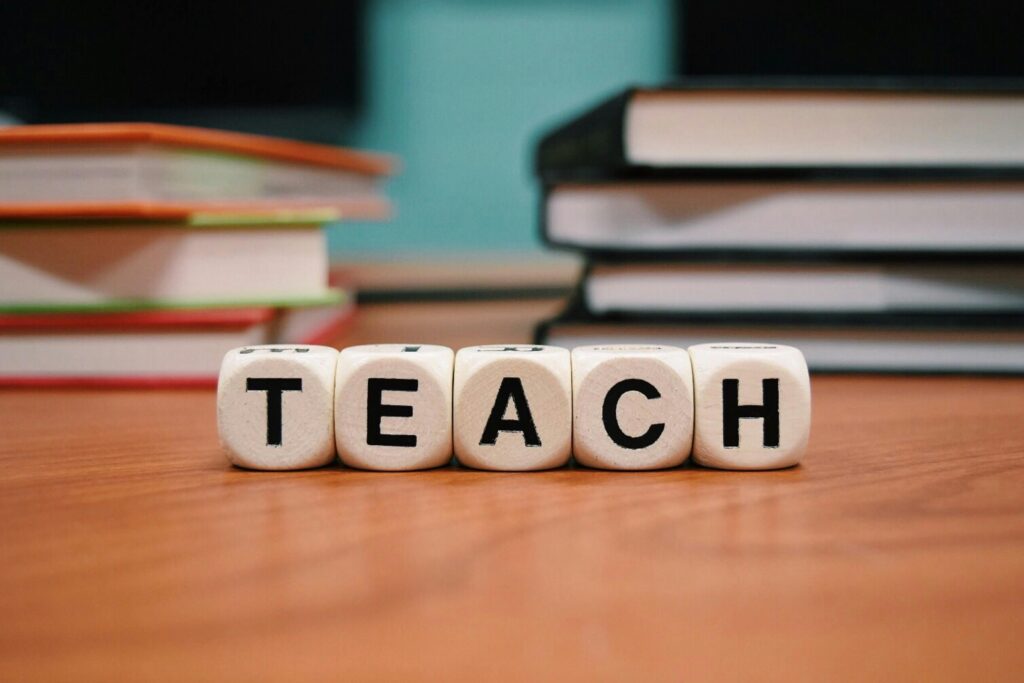
Culturally responsive teaching (CRT) and multicultural education approaches are integral to promoting equity, diversity, and inclusion in educational settings. These frameworks recognize the cultural diversity of students and aim to create learning environments that affirm and value students’ cultural identities, experiences, and perspectives. This essay explores the principles, strategies, benefits, and challenges associated with culturally responsive teaching and multicultural education approaches in fostering academic success and cultural competence among students.
Culturally responsive teaching is rooted in the belief that effective teaching must be responsive to the cultural backgrounds, experiences, and needs of students. Culturally responsive educators strive to create inclusive learning environments where students feel seen, heard, and respected, regardless of their cultural, linguistic, or socioeconomic backgrounds. Central to culturally responsive teaching is the recognition of the cultural wealth and assets that students bring to the classroom, including their languages, traditions, knowledge, and lived experiences.
One of the key principles of culturally responsive teaching is building positive relationships and rapport with students based on trust, mutual respect, and empathy. Culturally responsive educators take the time to get to know their students as individuals, to understand their cultural backgrounds, interests, strengths, and challenges. By establishing strong connections with students, educators create a supportive and nurturing learning environment where students feel safe to take risks, express themselves, and engage in meaningful learning experiences.
Another principle of culturally responsive teaching is integrating students’ cultural backgrounds and experiences into the curriculum and instructional practices. Culturally responsive educators incorporate diverse perspectives, voices, and resources into their teaching, including multicultural literature, artifacts, music, art, and historical narratives. By drawing upon students’ cultural backgrounds and interests, educators make learning relevant, meaningful, and engaging, while also promoting cross-cultural understanding and empathy among students.
Culturally responsive teaching also involves adapting instructional strategies and materials to meet the diverse learning needs, preferences, and strengths of students. Culturally responsive educators employ a variety of teaching methods, including cooperative learning, project-based learning, experiential learning, and inquiry-based instruction, to accommodate diverse learning styles and preferences. They also provide multiple entry points and opportunities for student participation and expression, allowing students to demonstrate their understanding and creativity in various ways.
Multicultural education approaches complement culturally responsive teaching by promoting awareness, understanding, and appreciation of cultural diversity and social justice issues. Multicultural education emphasizes the importance of equity, inclusion, and social justice in education, challenging stereotypes, biases, and discrimination based on race, ethnicity, gender, sexual orientation, religion, disability, and other aspects of identity. Multicultural education aims to foster critical consciousness and empower students to become active agents of change in their communities and society.
One of the key strategies of multicultural education is infusing multicultural perspectives and content across the curriculum and instructional materials. Multicultural educators incorporate diverse perspectives, voices, and contributions into the curriculum, challenging Eurocentric narratives and perspectives and highlighting the experiences and achievements of marginalized and underrepresented groups. By broadening students’ perspectives and understanding of the world, multicultural education promotes empathy, respect, and appreciation for cultural diversity.
Multicultural education also involves engaging students in critical dialogue and inquiry about social justice issues, equity, and power dynamics in society. Multicultural educators create opportunities for students to explore and analyze social justice issues such as racism, sexism, classism, ableism, homophobia, and xenophobia, fostering critical thinking, empathy, and civic engagement. By examining their own identities, privileges, and biases, students develop a deeper understanding of social justice issues and their role as advocates for equity and inclusion.

In addition to curriculum and instruction, multicultural education encompasses the school climate, policies, and practices that promote equity, diversity, and inclusion. Multicultural educators work collaboratively with colleagues, administrators, families, and community stakeholders to create culturally affirming and inclusive learning environments that celebrate diversity, address inequities, and promote social justice. They advocate for culturally responsive policies and practices, including hiring diverse staff, providing culturally relevant professional development, and implementing restorative justice practices to address inequities and disparities in discipline and student outcomes.
While culturally responsive teaching and multicultural education approaches offer numerous benefits for students and communities, they also present challenges and barriers to implementation. Challenges may include resistance to change, lack of awareness or understanding of cultural issues, limited resources and support, and systemic inequities and biases embedded in educational systems and structures. Overcoming these challenges requires ongoing commitment, collaboration, and advocacy to promote awareness, build capacity, and create inclusive and equitable learning environments for all students.
In conclusion, culturally responsive teaching and multicultural education approaches are essential for promoting equity, diversity, and inclusion in educational settings. By recognizing and affirming students’ cultural identities, experiences, and perspectives, educators create supportive and empowering learning environments where all students can thrive academically, socially, and emotionally. By infusing multicultural perspectives across the curriculum, engaging students in critical dialogue about social justice issues, and advocating for inclusive policies and practices, educators can foster cultural competence, empathy, and civic engagement among students, preparing them to navigate and contribute to an increasingly diverse and interconnected world.
